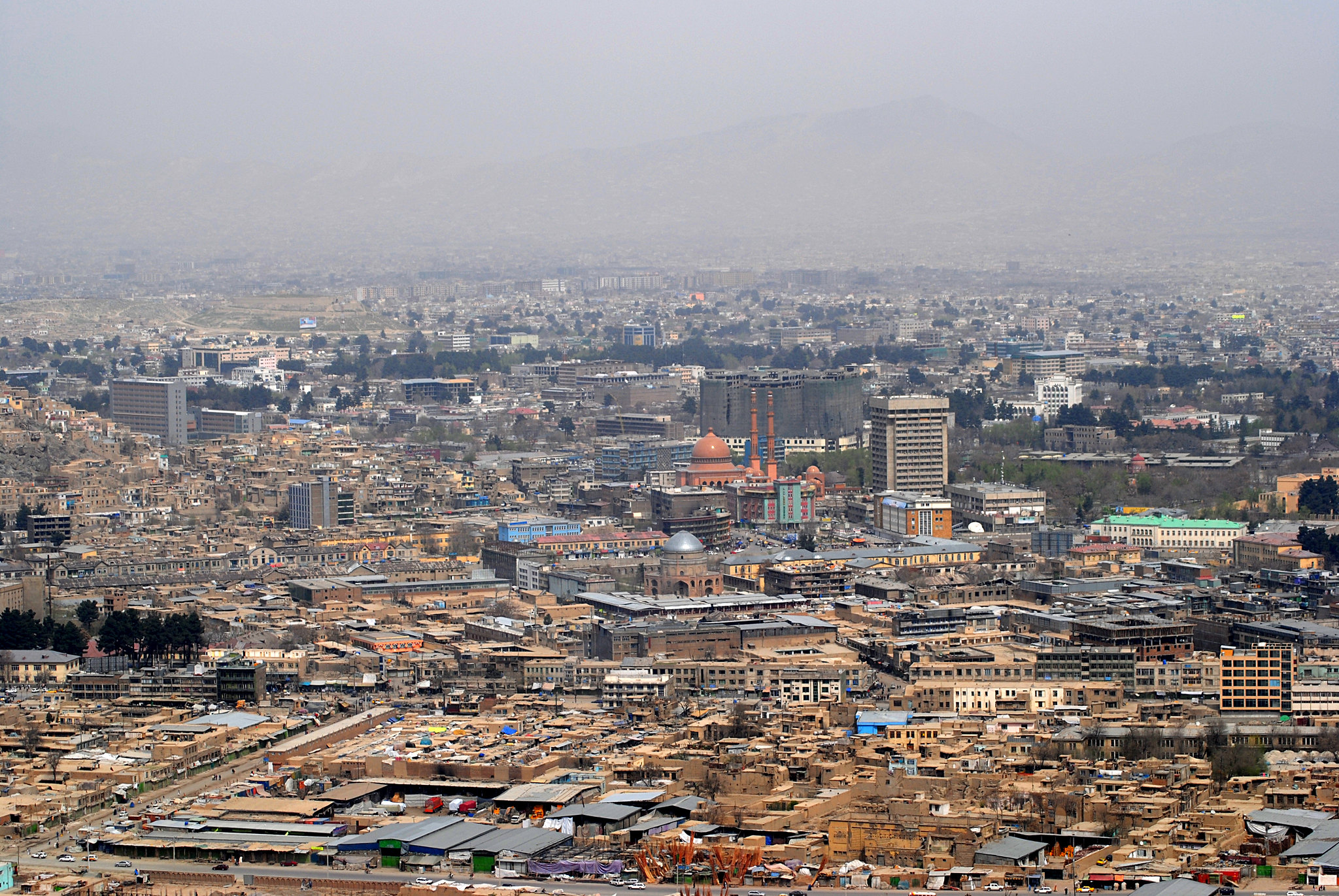UNITED NATIONS (Transatlantic Today)– The Taliban’s attack on women’s and girls’ rights, according to a senior U.N. official, demonstrates a disregard for more than 50% of Afghanistan’s population and a readiness to risk global isolation, as well as a potential internal conflict and deepening poverty in the country.
Some of the Taliban’s alleged and acknowledged accomplishments, according to Markus Potzel, the U.N. deputy envoy for Afghanistan, are also dwindling.
He cited an increase in violent crime, armed conflicts, and high-profile terrorist attacks, particularly those carried out by the Islamic State extremist group, which has recently shown that it is capable of assassinating Taliban figures, attacking foreign embassies, firing rockets at Afghanistan’s neighbors, and continuing its long-running campaign against Shia Muslims as well as ethnic minorities.
Potzel claimed that the economy is still in a precarious position, with food security getting worse and winter rapidly approaching.
He urged donors to immediately contribute $614 million to assist with winter arrangements and an extra $154 million to preposition essential supplies before establishments get cut off by winter weather. The U.N. humanitarian appeal for $4.4 billion has only garnered $1.9 billion, which is “alarming,” he said.
Martin Griffiths, the head of the U.N.’s humanitarian agency, stated in late August that about 19 million Afghans, or more than half of the country’s population, are suffering from severe food insecurity. Additionally, “we worry” that the statistics will soon get worse as the impending winter weather drives up already high energy and food prices even higher.
Although there have been some beneficial changes in Afghanistan recently, according to Potzel, they have been very minor, very slow, and outweigh the drawbacks, particularly the continuing prohibition on secondary schooling for females — unusual in the world — and expanding limitations on women’s rights.
Girls and women were subject to extreme restrictions under the Taliban’s initial rule in Afghanistan, which lasted from 1996 to 2001. They were not allowed to attend school, were not allowed to participate in public life, and were forced to wear the restrictive burqa, according to ABC NEWS.
Following the Taliban’s overthrow by American forces in 2001 after the 9/11 attacks on the United States, Afghan girls were not just enrolled in school but also in universities for the following 20 years. Many of these women went on to become judges, doctors, lawyers, business owners, and members of parliament while traveling without face coverings.
The Taliban pledged a more moderate version of Islamic government, including letting women pursue their work and education outside the house, after taking back the capital on August 15, 2021, as U.S. and NATO troops were in the midst of their chaotic retreat from Afghanistan after 20 years.
At first, they stated that there would be no clothing requirement, but they also vowed to implement Sharia or Islamic law. But since then, Taliban hardliners have returned to their prior oppressive rule, verifying the worst suspicions of human rights advocates and aggravating Taliban relations with a world that already views them with suspicion.
According to Potzel, in U.N. talks with Taliban officials, leaders have stated that the decision has been made and is being upheld by Taliban supreme leader Mullah Haibatullah Akhundzada, who is supported by hardliners around him. However, the majority of the rest of the movement has expressed doubt about the decision and is either incapable or unwilling to change the trajectory.
The end effect, he claimed, is that women and girls are confined to the house, denied their rights, and Afghanistan as a nation is robbed of the advantages of the substantial contributions that women and girls may provide.


























